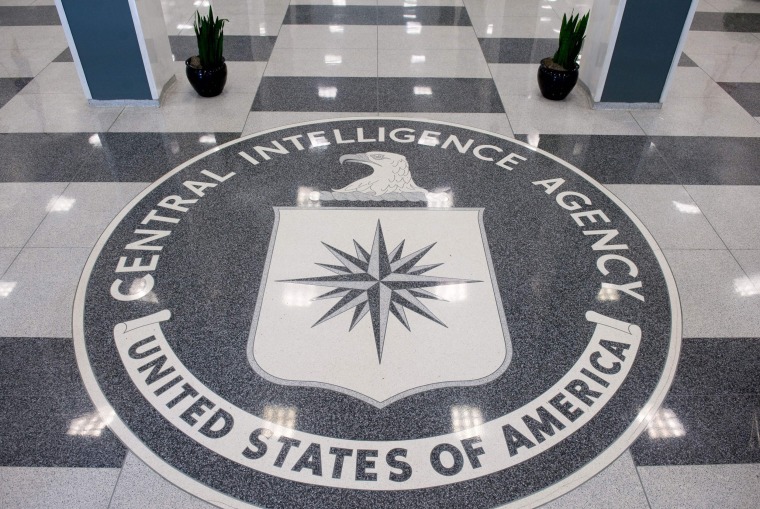A 15-year veteran of the CIA was charged Monday with selling U.S. secrets to China then unwittingly admitting his spying to the FBI.
The method prosecutors said they used to get him to reveal the nature of his espionage was worthy of a spy novel itself.
Court documents said 67-year-old Alexander Yuk Ching Ma of Honolulu was charged with violating U.S. espionage laws. Prosecutors said he joined the CIA in 1967 then served as a CIA officer until he retired from the agency in 1989. For part of that time he was assigned to work overseas in the East-Asia and Pacific region.
Twelve years after he retired, prosecutors said Monday that Ma met with at least five officers of China's Ministry of State Security in a Hong Kong hotel room, where he "disclosed a substantial amount of highly classified national defense information," including facts about the CIA's internal organization, methods for communicating covertly, and the identities of CIA officers and human assets.
"The trail of Chinese espionage is long and, sadly, strewn with former American intelligence officers who betrayed their colleagues, their country and its liberal democratic values to support an authoritarian communist regime," said John Demers, assistant attorney general for national security. "To the Chinese intelligence services, these individuals are expendable. To us, they are sad but urgent reminders of the need to stay vigilant."
After leaving the CIA, investigators said, Ma got a job as a Chinese linguist in the FBI's Honolulu field office. He used his new job and security clearance to copy or photograph classified documents related to guided missile and weapons systems and other U.S. secrets and passed the information to his Chinese handlers, court documents said.
When the FBI became aware of Ma's activities, prosecutors said, an undercover FBI employee arranged a meeting, posing a representative of the Chinese government. The undercover operative claimed to be conducting an investigation "into how Ma had been treated, including the amount he had been compensated," court documents said.
A video recording showed Ma counting $2,000 in cash provided by the undercover operative, who said it was to acknowledge his work on behalf of China. Investigators said Ma, who was born in Hong Kong, explained that he "wanted 'the motherland' to succeed" and admitted that he provided classified information to the Ministry of State Security and continued to work with some of its same representatives who were at the 2001 meeting.
Prosecutors said an 85-year-old relative of Ma's also worked for the CIA and later spied for China. But he was not charged because he suffers from "an advanced an debilitating cognitive disease."
The charges against Ma represent the latest in a series of setbacks against U.S. efforts to conduct espionage targeting China.
Another former CIA officer, Jerry Chun Shing Lee, was sentenced to 19 years in prison last year after pleading guilty to conspiring with Chinese intelligence agents starting in 2010 after he left the agency. NBC News reported that information he provided helped China and other nations compromise the CIA's method of communicating secretly with its foreign agents, leading to the deaths of Chinese informants.
In 2015, the U.S. government revealed that Chinese intelligence hackers had stolen reams of sensitive personnel files from the Office of Personnel Management, including security clearance applications of intelligence officers and other national security operatives. American officials said they feared that data and other personal information on U.S. citizens stolen by the Chinese from private companies has allowed China to better identify American operatives spying overseas.

